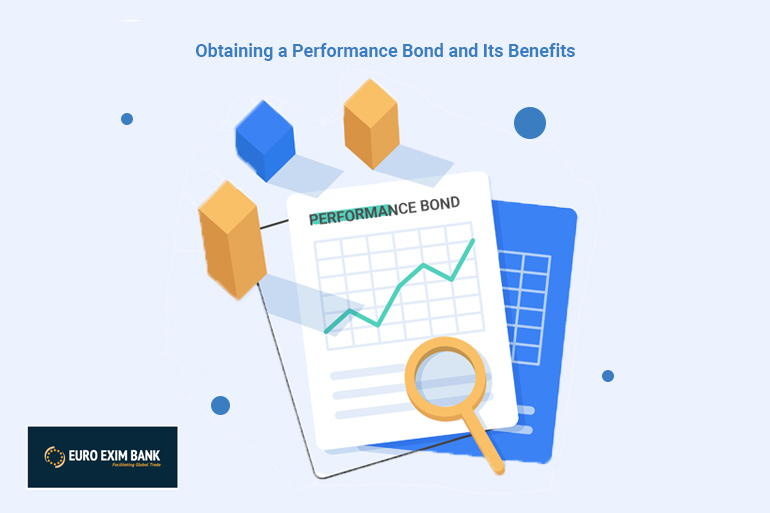Performance bonds may be required for both private and public sector projects to protect investors and ensure the project is completed on time. These bonds are a type of guarantee issued by a bank or surety company for projects such as the building of roads, bridges, and other infrastructure development.
If the contractor(s) does not complete the project on time, the owner(s) of the project can resort to making a claim on the performance bond to ensure that the project is completed, while the defaulting contractor will have to face financial repercussions for their failure to honour the contract.
Documents Required
The requirements and conditions that need to be met to obtain a performance bond will vary from institution to institution and will also depend on the project involved and on your own financial standing, reputation and history.
Thus, you will need to have all the necessary documents with regard to your particular application. Choosing to obtain a performance bond from a reputed international bank, such as Euro Exim Bank, with an established track record in international finance, will make the whole process much easier, as you will be guided by a team of professionals. In most instances, however, you will, at the very least, require the following documents:
- A minimum of two years of audited financial statements.
- A copy of the contract that you are being awarded.
- The relevant application forms.
- Any supporting documents to prove identity and information provided.
- Papers for real estate that you own, if any, which can help accelerate the process.
Costs
The cost of a performance bond is generally 1% of the total value of the contract, but this can vary and will depend your creditworthiness as a contractor.
Why They Are Beneficial
Completion is Assured – The owners of the project are assured that the project will be completed. There is something to hold the contractor(s) accountable against. Furthermore, in the event of a failure to perform, the financial risk to the owners is mitigated. This also has a trickledown effect as a performance bond can help to keep a project ongoing and workers paid, even if the main contractor fails to perform.
No Need to Incur Additional Costs – In the event of a default, the owner will not need to incur additional costs to complete the project as these will likely be covered by the performance bond.

